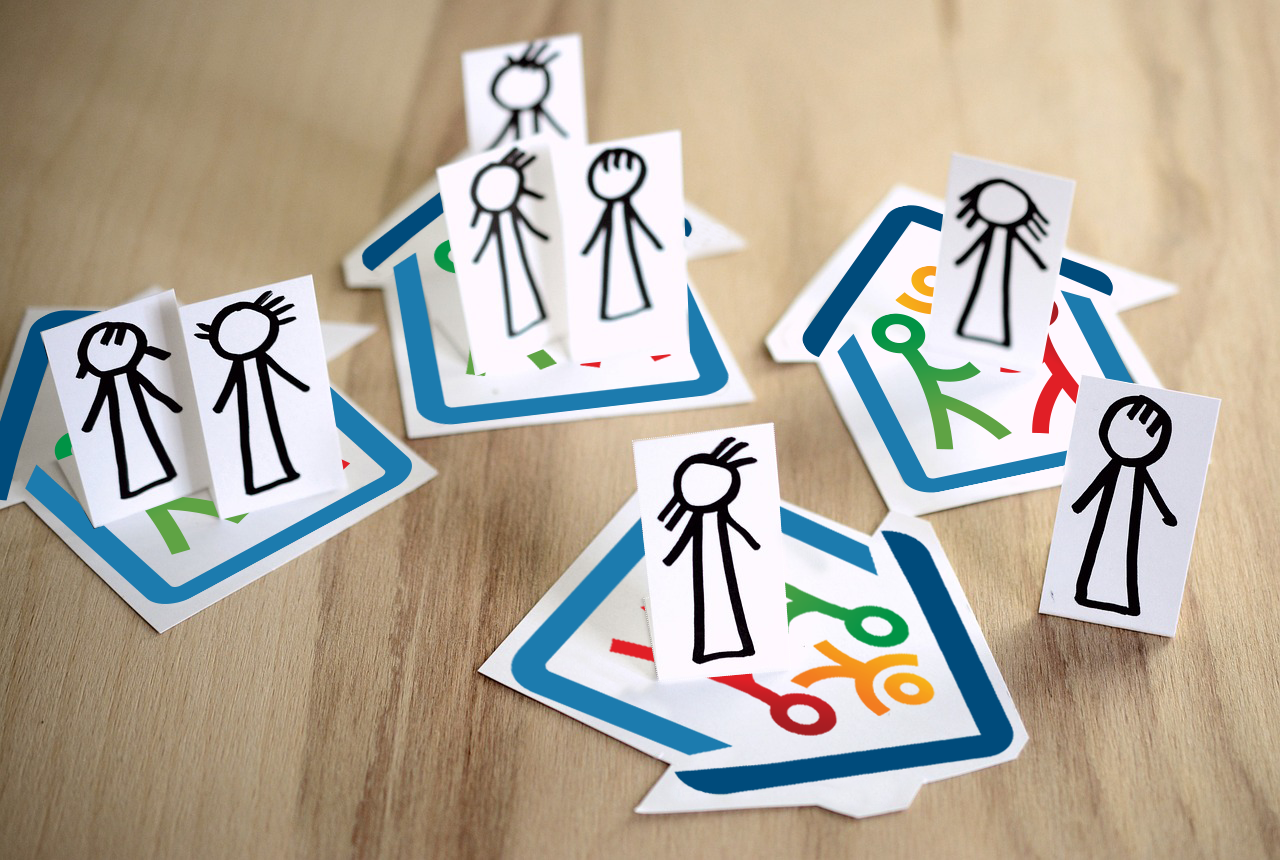
Efficient Parenting in Times of Permacrisis.
Diversity—referring to differences of all children, more obvious than others, such as ethnicity, religion, culture and language but also expanding beyond just these aspects to different (dis)abilities, educational levels, social backgrounds, economic situations, health statuses, or the place of origin—is at the core of the EP-II which addresses parents guardians to equip them with life skills and basic competences necessary to be resilient and adaptable in the face of change and uncertainty.
There are various reasons, set out in the needs analysis section, why grandparents are forced to take over the upbringing of their grandchildren. In the context of this project, although they do not have the formal status of parent/guardian of their minor grandchildren, the essence of the role they perform is recognised and they are included in the target group of the training programme. The intergenerational training approach of EP-II will provide valuable learning and development opportunities for both younger and older individuals, as they have the opportunity to learn from and teach one another. In the midst of today's permanent crisis, adult education has to respond to competing, urgent priorities and the need to turn the tide has never been more important. There is a unique opportunity to mitigate the impact of short-term shocks, build resilience for the long term and redress deep-rooted inequalities by promoting gender equality. The major challenges of our time, the COVID-19 pandemic that has had a significant impact on many aspects of life, including domestic violence rates against women, the global rise of authoritarianism, increasingly frequent climate emergencies, and the rise of division and mistrust underline that in times of crisis women must be able to respond to every challenge. For this reason, the EP-II emphasizes empowering women in the family and community and encouraging their civic engagement. No society can now put equality on the back burner.
The GDPR explicitly recognises that children deserve specific protection of their personal data and introduces additional rights and safeguards for children. Parents have an important role to play in protecting their children's GDPR rights, particularly when it comes to their children's online activities. EP-II will support parents to be aware of their children's online activities, including the websites they visit, the apps they use, and the information they share online and will provide them with the necessary tools to educate their children on the importance of protecting their personal data and privacy online.
False/misinformation on social media spreads longer, faster, deeper and wider than true information. EP-II will upgrade parents' information and data literacy to help their children navigate wisely through the complex online landscape, which requires a certain level of literacy and maturity that children and young people may not yet have acquired.
Main objectives
- O1 strengthen parents’ resilience and adaptability in the face of the permacrisis and motivate them to participate actively—without fear of exclusion or any form of intimidation—in positive, democratic actions in their communities;
- O2 develop a training programme for parents with four thematic modules, which correspond precisely to the nature of today's challenges;
- O3 develop an online attractive and user-friendly e-learning platform for parents with the support of expert mentors to guide their educational journey;
- O4 encourage and enable adult educators working with parents to improve their practices and provide them with new training tools and content through outreach activities at local and European level.
The achievement of the project objectives will be achieved through the results to be developed, which are described in detail per work package, the most important of which are listed below:
- WP1 Design and Implementation
- WP2 EP-II Training Curriculum
- WP3 EP-II eLearning Platform
- WP4 Dissemination and Outreach Activities
